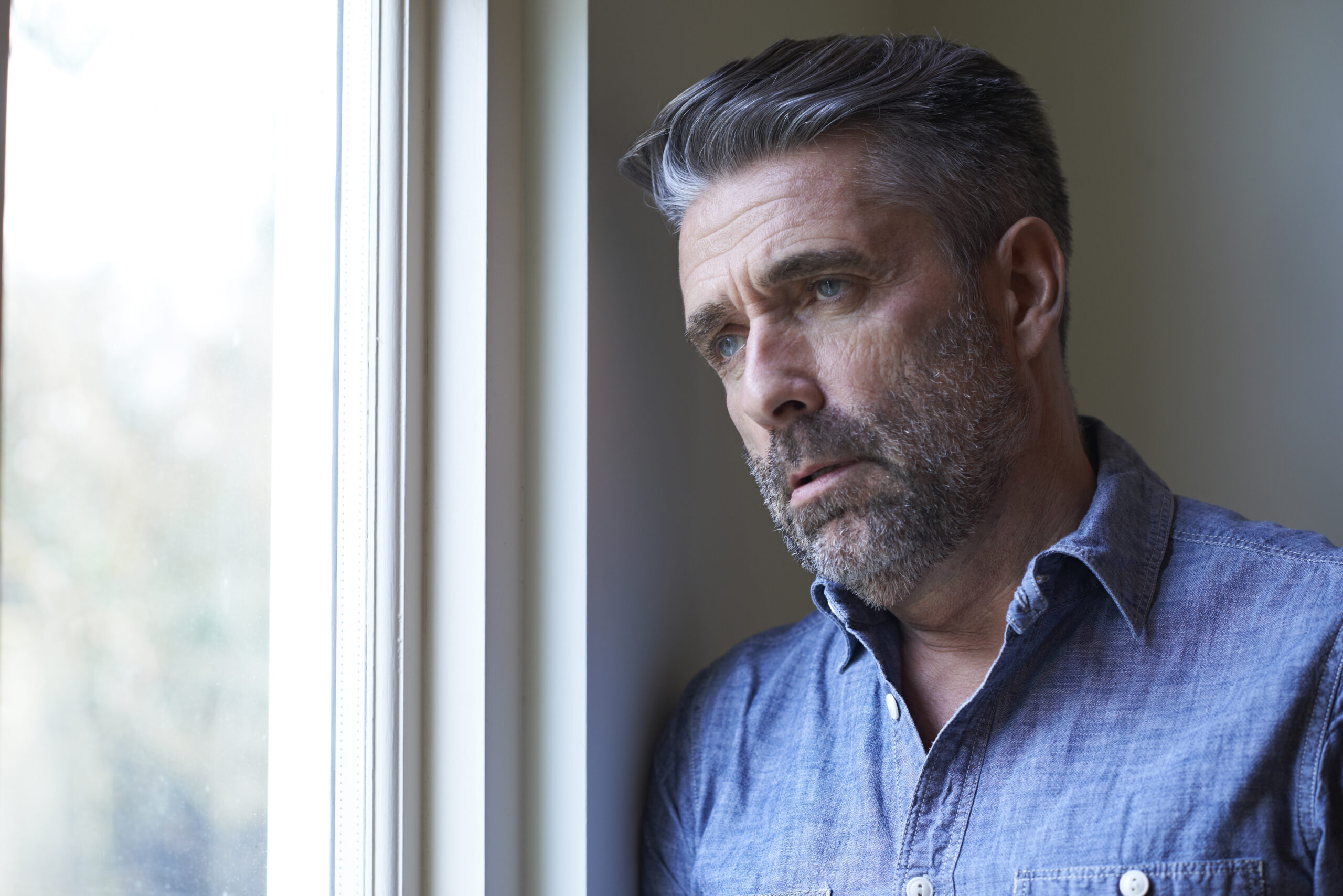
The Benefits of Good Mental Health and How to Take Advantage of Them
It’s common to hear people talking about maintaining their physical health in the form of nutrition, exercise, doctor’s appointments and the like during addiction recovery. However, you won’t often hear how your family, friends, coworkers and peers in treatment are investing in their mental wellness.
Taking care of your mental state is as important as caring for your body. In this article, we’ll explain why this is the case, plus give you tips for getting started. Taking care of your overall health requires that you address the whole person— inside and out.
The benefits of good mental health
Building good mental health practices has perks for those with mental health disorders and those without. Regardless of where you’re starting, here are some mental health benefits that everyone can enjoy.
- Improved mood: when you partake in—therapy, counseling, mindfulness activities, gratitude, reflection and so on—you’ll find that you have a brighter mood, and not just in the short term. Having good mental health can actually change your disposition to make you a happier person.
- Decreased anxiety: having mastery over your emotions is one of the primary mental health benefits that people seek after, and especially in recovery. You can learn to be in control of your fear and worry, and control thoughts about negative outcomes.
- Reality-based thinking: when mental illness (like a substance use disorder) is at play, decision making can be clouded by emotional reactions. When you have the mental clarity to see things objectively, you’ll have a much easier time navigating tricky situations and avoiding triggers.
- A sense of purpose: someone who has stable mental health has a defined sense of meaning and can take concrete steps towards actualizing goals. Through treatment or self-work, mental wellbeing can keep you focused and intentional in your life.
- Better relationships: addiction and mental distress can cause rifts in relationships. Taking care of yourself not only benefits you, but it will have a ripple effect on those around you.
- Easier daily living: a lack of mental health often manifests in behaviors that make normal tasks difficult. Whether it’s through avoidance of potentially uncomfortable situations or sadness that makes you unmotivated, neglecting mental health can make your life feel impossible.
- Unmanageable thoughts: addiction and mental health share a common symptom— uncontrollable negative thoughts. If your patterns of thought tend to be self-destructive, catastrophic, polarized, overgeneralized and so on, it’s time to get clinical help to boost your mental wellness.
Mental health benefits are something you’re going to want to take advantage of, but they aren’t guaranteed right away. While some benefits of good mental health might come to you quickly, others may take months of work to secure.
How to improve mental health during recovery
The good news is that addiction recovery is the ideal time to start working on your mental health. If you’re ready to start practicing positive mental health, here’s how.
1. Take part in professional treatment
While there are endless strategies you can try solo to support mental wellness, it’s no replacement for professional intervention. You can find help for mental health disorders, stress, addiction and big life changes.
Unsure whether you need professional help? Play it on the safe side and call a local or virtual provider for an assessment.
2. Get comfortable expressing your feelings
If you’re partaking in mental health therapy or counseling, this will happen naturally, but it’s best to implement your emotional awareness into other areas of life, too. When you are able to identify and understand the root of your feelings, you can better address them.
The more you express your feelings, the easier it becomes to find inner peace.
3. Don’t neglect your physical wellbeing
While your physical and emotional sides are often viewed and treated as working independently of each other, the truth is that they are integrally intertwined. Your mental health is sure to suffer when you don’t fuel yourself well, move your body or get the rest you need.
4. Schedule your days
When our days are unstructured they tend to feel aimless, which takes its toll on our mental health. Add routines to your daily life that are wholesome, enjoyable and fruitful. Don’t forget to allot time for your whole being— body, mind and soul.
5. Abstain completely from substance use
If you’re working towards improving your mental health during addiction recovery, it is essential that you refrain from all substance use. Whether you struggled with abuse of drugs or alcohol, what you think might be considered an occasional, recreational use can spiral into a full-fledged addiction again. Don’t risk it.
Treat the whole person
You deserve to live a life free from addiction, anxiety, depression and mental distress. Cure the whole person with Bluff Augusta. Specifically designed dual-diagnosis treatment programs can help you heal from mental health issues and addiction simultaneously. Reach out for the help you’ve been searching for today.








